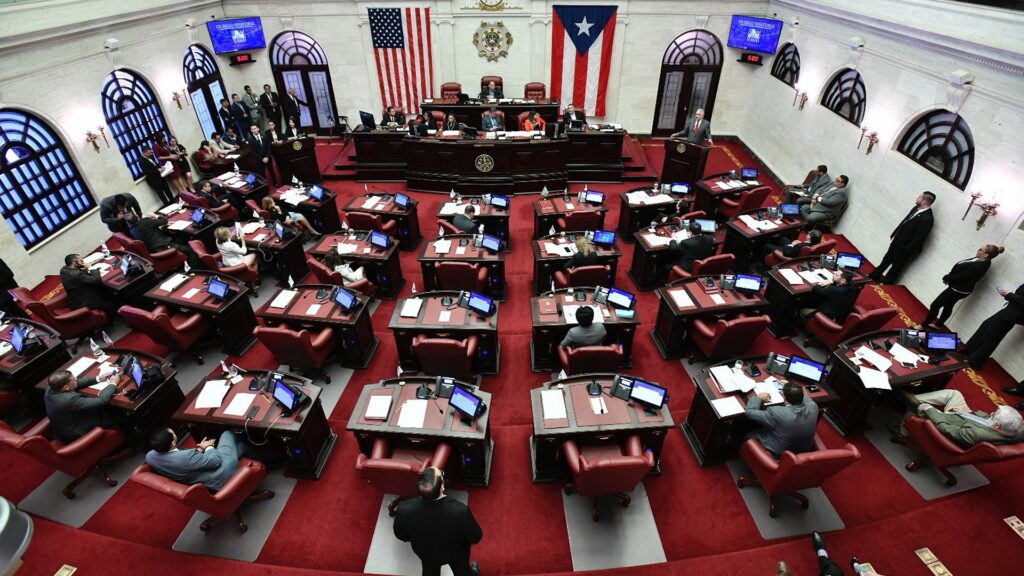The Senate of Puerto Rico is moving forward in the discussion of a House bill (1593) that seeks to amend the Gaming Machine Law to guarantee payment of at least 50% to retirees of the Puerto Rico Police, as well as to regulate the number of machines and establish timeframes for the payment of licenses.
The measure, authored by José Rivera Madera, had already been approved by the House of Representatives in March and had been discussed in the Senate. It then underwent modifications and returned to the House. Finally, the new report passed the Senate with 20 votes in favor, three votes against, and three abstentions, and the legislative process is moving forward.
In addition to amending the Gaming Machine Law to contribute to the retirees of the Puerto Rico Police, the bill seeks to regulate the number of gaming machines per business and their prizes. It also seeks to establish the time window in which wholesaler owners may pay the total amount of machine licenses to which they are entitled.
According to the measure, through the approval of this Act, “the public policy related to the retirement from the Police is extended, per the revenues received from the gaming machines on the road”. The measure clarifies that “the governmental collections are not affected, since the income would be available in a trust created to grant the corresponding benefits.”
In this way, the amount to be destined for the retired agents will be the product of the payment of licenses and rights for the operation and exploitation of the gaming machines in Puerto Rico. The benefit, as clarified by the government agency, also covers those officers who were affected by Act 3 of 2013.
On the other hand, the law authorizes the introduction and operation of up to 25,000 gaming machines on the island, with the possibility of increasing this figure after two years, if the market is not saturated.
The bill also establishes strict requirements for the operation of the machines, including the need for a license and tag issued by the Puerto Rico Gaming Commission, as well as the obligation to connect to the Internal Connection Systems to authenticate games and maintain data security.



